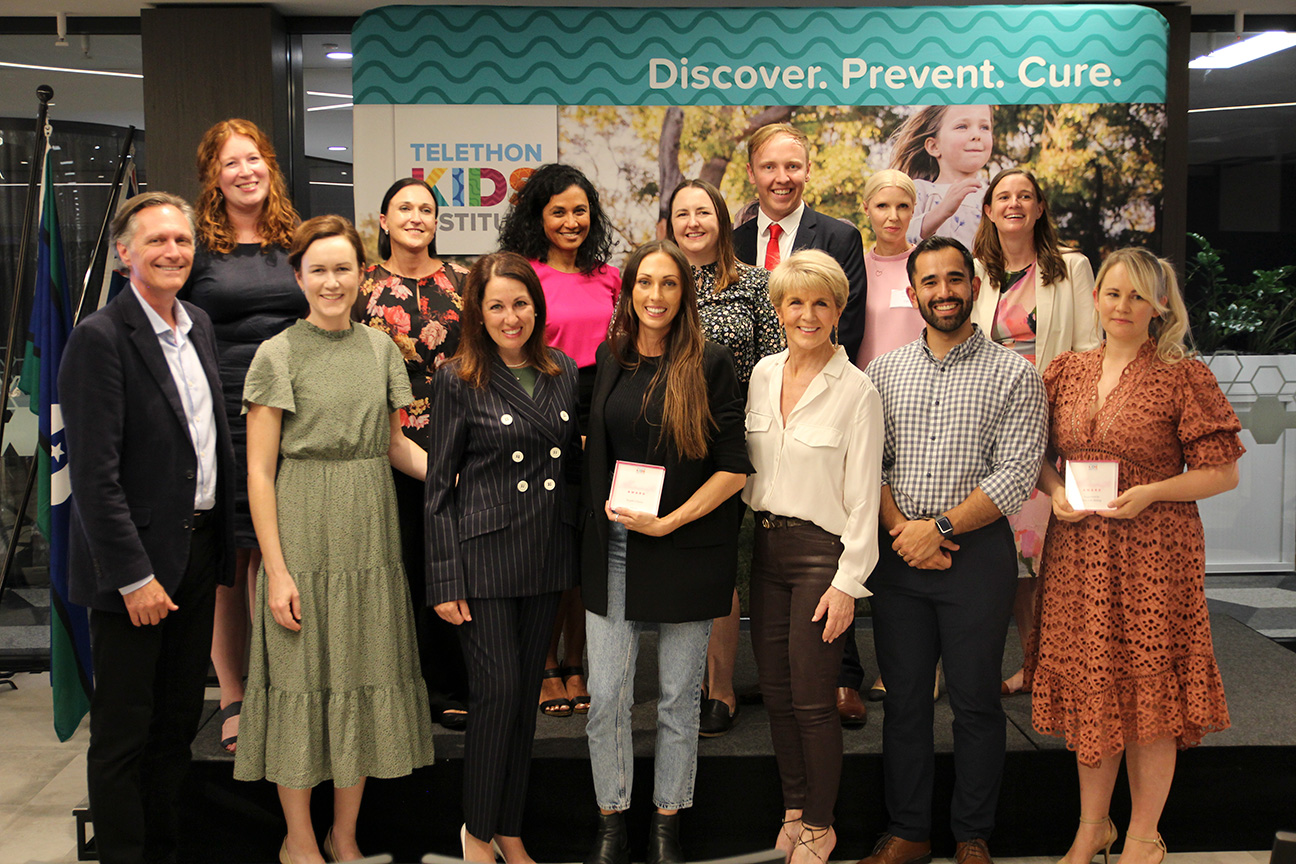Search

Want to know how to be involved with WAERP? Or how long the project is running for? View our Frequently Asked Questions (FAQs) for answers to these questions and more.
Parents may be concerned that social media is teaching their children that they’re not good enough because of the impossible standards which are set.
With backgrounds spanning the globe, members of our team have come together to support the vital work of The Kids Research Institute Australia, to ensure we impact kids everywhere.
Two major groups that provide valuable connections to our donor community.

In 2014, Wesfarmers committed $5 million over 4 years to The Kids' research to set up the Wesfarmers Centre of Vaccines and Infectious Diseases.
The birth of Channel 7 Perth's Telethon in 1967 happened of all places - on a golf course. Read more about how this massively successful event was created.

The legacy of beloved parenting author and educator Maggie Dent is set to live on well beyond her lifetime.
Geoff Cattach has headed the Children's Leukaemia & Cancer Research Foundation and raised $24 million to fund The Kids' research into childhood cancers

The Angela Wright Bennett Foundation has made a $250,000 donation to autism research being led by Andrew Whitehouse at The Kids Research Institute Australia. Read more.

News & Events
Pitch Perfect! Illuminate PitchFest 2023Ten researchers from different areas took to the stage with a carefully crafted presentation and three-minute pitch, in efforts to spark the interest of 80 guests
